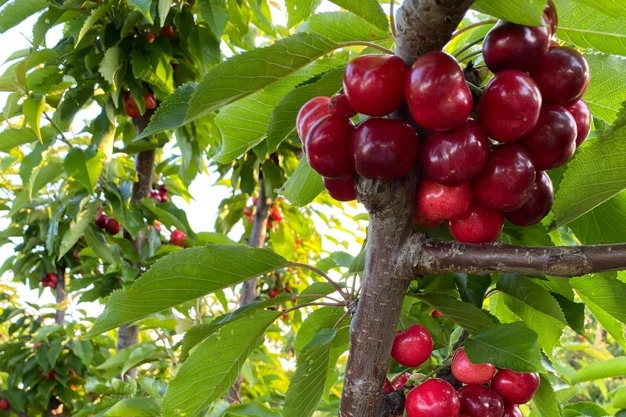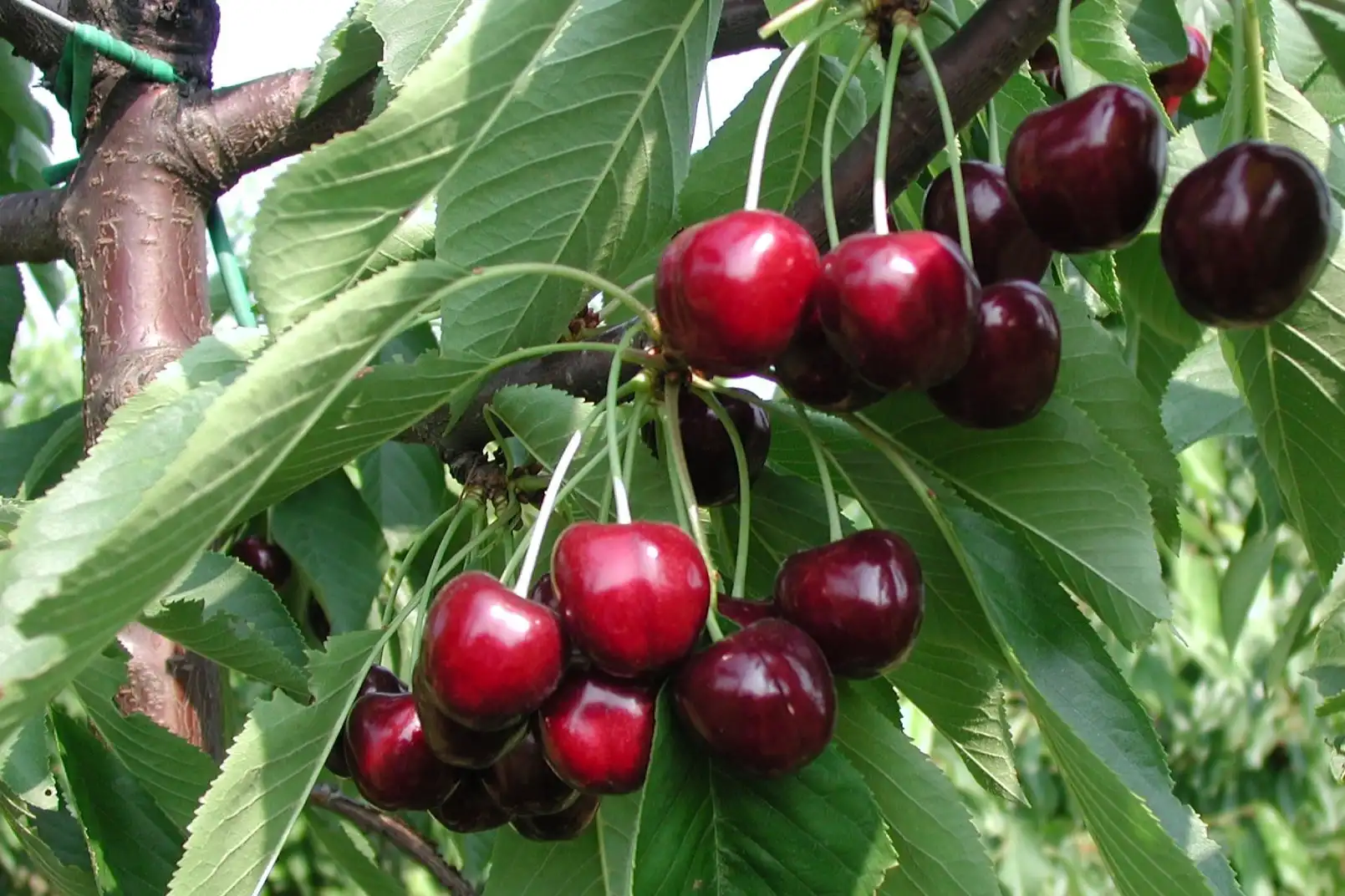The study conducted by C. Aubert and colleagues from the Centre Technique Interprofessionnel des Fruits et Légumes (France) investigates the impact of hot water treatments (HWT) on the quality and preservation of sweet cherries, focusing on two cultivars: Balrine and Regina. The research investigates how dipping cherries in hot water affects their firmness, vitamin C levels, polyphenols, and susceptibility to decay during cold storage and subsequent shelf-life.
Maintaining high fruit quality during storage is crucial, especially in cherry production, where the short shelf-life and high susceptibility to decay are limiting factors. Traditionally, synthetic fungicides have been used to control rots caused by fungi. However, due to the increasing consumer demand for natural and residue-free preservation methods, alternatives like hot water treatments (HWT) are being explored.
This French study evaluates the effectiveness of HWT at 48°C for 2 minutes, followed by 3 weeks of cold storage at 1°C and an additional 2 days at 20°C to simulate shelf-life conditions.
The results of this study are promising. One of the main findings is that hot water treatments significantly reduce the percentage of rotten fruits by more than 50% compared to untreated controls. This reduction is particularly noticeable after the shelf-life period, suggesting that HWT can effectively extend the marketable period of sweet cherries. Despite a slight reduction in firmness by 5-6% in some cases, the main quality parameters, including soluble solids content and acidity, remain largely unaffected.
Nutritionally, the levels of vitamin C and polyphenols were not significantly altered by HWT. Preserving these bioactive compounds is crucial since sweet cherries are known for their health benefits, including potential anti-inflammatory and antioxidant properties. Therefore, the use of hot water treatments can be seen as a viable method to maintain the nutritional quality of cherries while reducing post-harvest losses.
The study's conclusion emphasizes that HWT is a practical and efficient strategy for the sweet cherry industry. It is a residue-free method, safer and more aligned with consumer preferences. By effectively controlling decay without compromising the fruit's nutritional and physicochemical properties, HWT offers a valuable solution for extending shelf-life and improving the marketability of sweet cherries.
In summary, the application of hot water treatments (HWT) before cold storage emerges as a beneficial practice for sweet cherry preservation. This method not only effectively prevents post-harvest decay, but also maintains the fruit quality attributes, making it a convenient option for producers (simplicity) and consumers (quality and residue-free).
Source: Aubert, C., Bulver, F., Chalot, G. et al. Effects of hot water treatments on the main physicochemical characteristics and the levels of vitamin C and polyphenols of two sweet cherry cultivars (Prunus avium L.) during cold storage and shelf-life. Eur Food Res Technol 250, 1641–1651 (2024). https://doi.org/10.1007/s00217-024-04495-y.
Image: SL Fruit Service
Andrea Giovannini
University of Bologna (IT)
Cherry Times - All rights reserved










